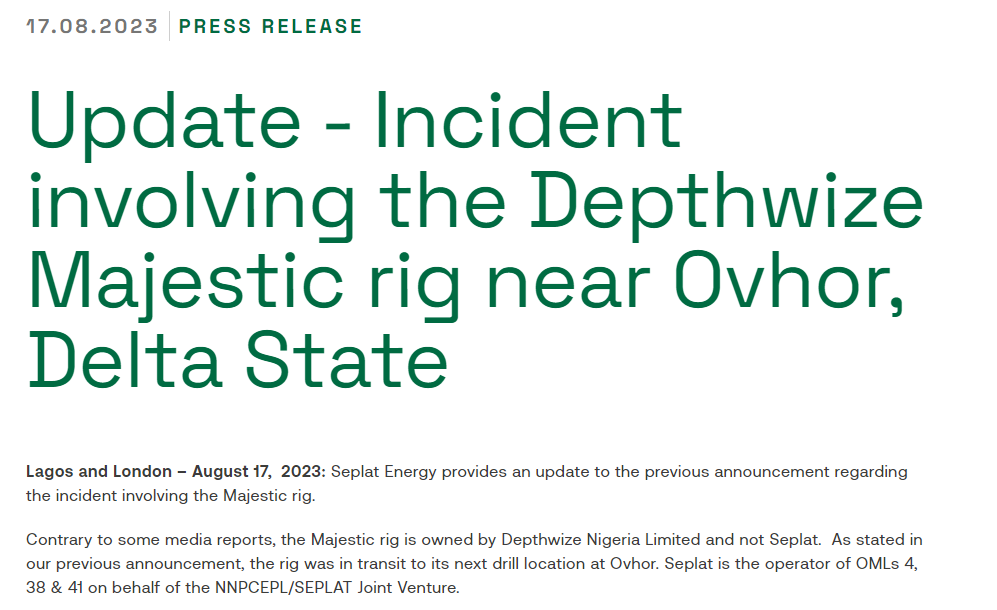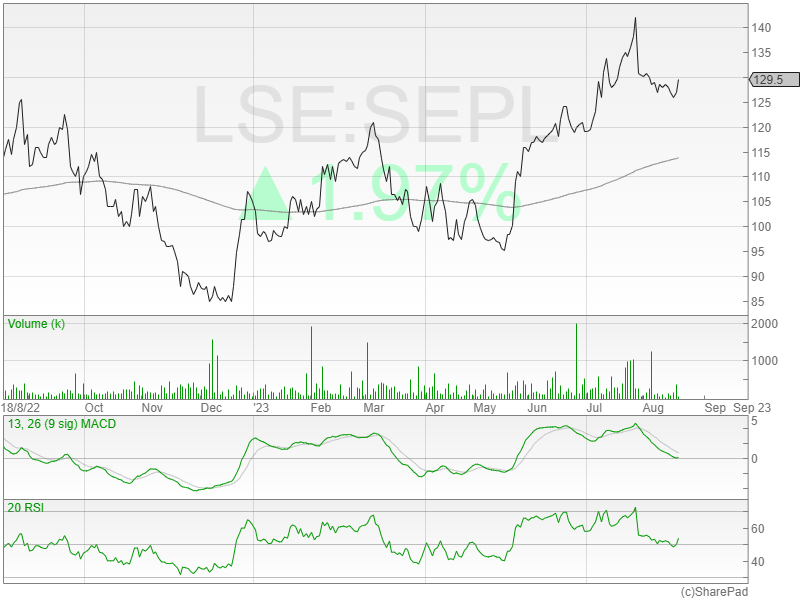In this article Michael Taylor looks at the trading impact of rumours, overloads and spikes from Social Media. What to be aware of and how to navigate them to your advantage.

The influence of social media platforms on various aspects of our lives is undeniable. One area where this impact has been particularly pronounced is stock trading. It only takes one prominent account to tweet about a stock in order to send it rocketing, especially when the market is awash with hot money. Eventually, this money finds its way into the pockets of the pumpers, and those who’re left holding the garbage they were ramped into realise they’ve been played.
The advent of social media has democratised information sharing and provided individuals with unprecedented access to real-time market insights. But this new era of online influence has also introduced complexities and challenges that traders must navigate. Who could’ve ever thought that a bunch of Redditors (WallStreetBets) could bring down some hedge funds by squeezing them?
Unless you’ve been living under a rock the past few years, you’re probably aware of the GameStop saga.
In January 2021, GameStop’s stock experienced an unprecedented surge in price, driven in large part by the actions of the WallStreetBets community. Members of WSB noticed that GameStop was heavily shorted by hedge funds, meaning these funds had bet on the stock’s price declining. This caught the attention of WSB members who saw an opportunity to execute a “short squeeze.”
WSB members coordinated buying GameStop shares, driving up the stock’s price significantly. This not only caused significant losses for the short-sellers but also attracted widespread media coverage and discussions about the power of retail investors in the stock market.
They also encouraged everyone to hold goading people about not having “diamond hands”.
The GameStop situation highlighted the influence of social media platforms, like Reddit, in shaping market dynamics. It also sparked debates about market manipulation, regulatory oversight, and the role of hedge funds and institutional investors in financial markets.
Is it manipulation if someone tells people they own a stock and then encourages them to buy? Surely not if they disclose that they own it and their bias. But using tactics such as constant promotion of a stock in order to sell into the liquidity you create is clearly morally wrong.
I’d rather listen to someone who had their own money at stake than people who comment on stocks generally. People (mostly) tend to take it a little more seriously if they have something to lose (which is why the amount of people going “all in” declines as the stakes go higher in online poker), although they can also become blinded by confirmation bias.
However, spotting pumpers can be lucrative for traders. If you’re aware of a certain person that moves prices, then following them can be profitable.
A good example is Mark Kleinman, Sky’s City Editor, who often tweets scoops, or Kleinsclusives as they’re known. Usually this won’t be in market hours but sometimes he’s been known to drop price sensitive information into the market – and there’s an opportunity before the market reacts.
There was another Twitter account who would announce they were long and their followers would eagerly snap up shares. This provided an opportunity for those fast on the keyboard to buy stock before the devout followers had managed to buy and then those who were early could unload onto the Johnny-come-latelies.
The virality of rumours
Rumours and misinformation are rife on social media platforms – and this is going to be exacerbated by deepfakes – not to mention artificially generated video spouting whatever nonsense its creators intend.
False rumours about a company’s financial health, management decisions, or potential mergers can spread like wildfire, leading to unwarranted market fluctuations.
“If you want truth to go round the world you must hire an express train to pull it; but if you want a lie to go round the world, it will fly; it is as light as a feather, and a breath will carry it.”
Preacher C. H. Spurgeon
Traders must be vigilant in verifying the authenticity of information before making trading decisions based on social media sources.
But the real question isn’t: “Is this true?”. It’s “Will this move the price?”
A good example of this was a press release from Seplat Energy earlier this week.

The media had been reporting that the company owned the Majestic rig, which was not the case.

News overload
Unless you have a filter system for news it’s easy to be overwhelmed.
I use Tweetdeck and have a single column for news-based tweets from various sources. This means I’m getting potential market moving or relevant news in a single column. Narrowing it down and picking a few good reputable sources is better than having 20 of the big names (most of whom are going to regurgitate the same news anyway).
However, the best news feed is always the RNS.
Spikes
Whenever there is a stock up 100% on no news, it can be tempting to assume that “someone knows something”.
Most likely, the reality is that nobody knows anything and the stock has been promoted to a private discussion group where a flurry of buys out of nowhere has forced the market makers onto the back foot and inevitably make them raise their prices in order to attract sellers.. which also attracts more buyers!
Often, once the buying starts to filter out, the spread widens, deterring more buyers from joining the fray, and then traders realise the momentum may be over and want to bank profits, selling into the wide bid.
The market makers can regain control this way by widening the spread should any buying activity occur and run the price up, and by tree shaking the stock all the way back down they’re able to cover their short (market makers may’ve sold stock they don’t have).
The best thing to do when you see a stock up on no news is to ask what the cause of it. Often, the best thing to do is nothing. Or fade the strength when you think the move has likely run its course (though this can be a high-risk strategy!).
Conclusion
Social media has led to advantages in stock trading so long as it’s used wisely. But there are many ne’erdowellers who use it to manipulate a stock’s price and encourage others to buy providing them with an exit.
Be careful who you listen to, and always look for the angle.
Michael Taylor
Buy the Bull Market premium trading newsletter available at: newsletter.buythebullmarket.com
Twitter: @shiftingshares
This article is for educational purposes only. It is not a recommendation to buy or sell shares or other investments. Do your own research before buying or selling any investment or seek professional financial advice.



